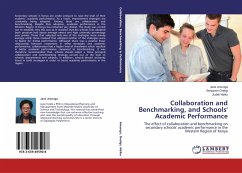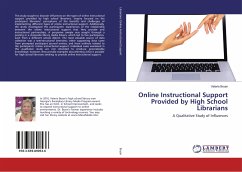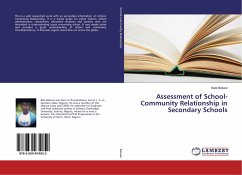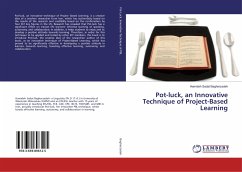Secondary schools in Kenya are under pressure to raise the level of their students' academic performance. As a result, improvement strategies are constantly being adopted. Among these are collaboration and benchmarking. Despite their adoption, academic performance in the Western Region of Kenya has remained very dismal. This study was carried out to establish why this was so.It revealed that,the schools that adopted both practices had above average means and high university percentage pass grades. Those that adopted only one of the strategies were merely average while those involved that adopted neither of the strategies were to blame for dismal performance. Although there was a positive linear relationship between investment in these strategies and academic performance, collaboration had a higher level of investment which resulted in better academic performance compared to benchmarking. It was therefore recommended that, schools should adopt a three pronged collaboration and benchmarking strategy carried out at the level of schools, departments and subjects. In addition, schools should uniformly invest in both strategies in order to boost academic performance in the region.
Bitte wählen Sie Ihr Anliegen aus.
Rechnungen
Retourenschein anfordern
Bestellstatus
Storno








